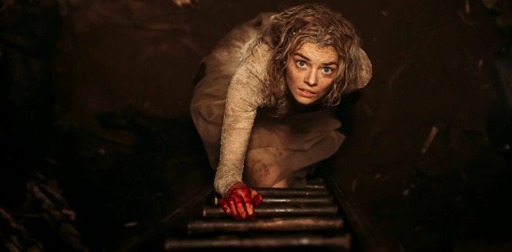Author: Heather Roberts | PhD Candidate in Screen Cultures and Curatorial Studies, Queen’s University, Ontario
Am excerpt:
When Amazon founder Jeff Bezos and fiancée Lauren Sánchez held their lavish three-day wedding celebration in Venice recently, it wasn’t just a party — it was a spectacle of wealth, reportedly costing between US$47 million and US$56 million.
Critics highlighted the environmental toll of such an event on the fragile, flood-prone city, while protesters took to the streets to condemn the wedding as a tone-deaf symbol of oligarchical wealth at a time when many can’t afford to pay rent, let alone rent an island.
The excessive show of opulence felt like the opening of a horror film, and lately, that’s exactly what horror has been giving us. In films like Ready or Not (2019) and The Menu (2022), the rich aren’t simply out of touch; they’re portrayed as predators, criminals or even monsters.
These “eat-the-rich” films channel widespread anxieties about the current socioeconomic climate and increasing disillusionment with capitalist systems.
In a world where the wealthy and powerful often seem to act with impunity, these films expose upper-class immorality and entitlement, and offer revenge fantasies where those normally crushed by the system fight back or burn it all down.
The article dives into it further



Horror is written off by most people completely, but it has a long history of social commentary. It’s not all mindless gore and ghosts.
Came to say that! Horror films have always been a reflection of societal fears.
While I don’t agree with the initial premise, there’s much food for thought here:
https://www.cracked.com/article_19402_6-mind-blowing-ways-zombies-vampires-explain-america.html
Stuck the landing at the end: